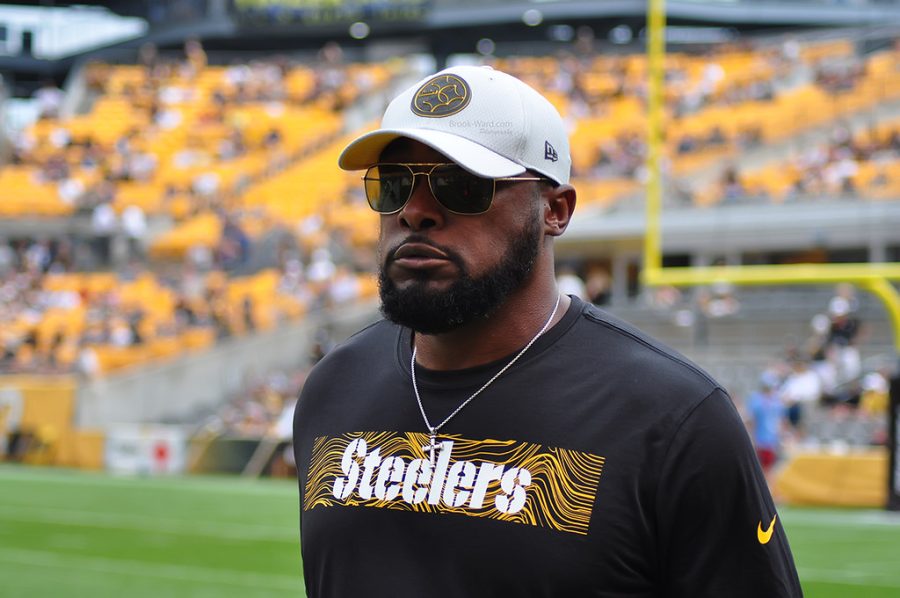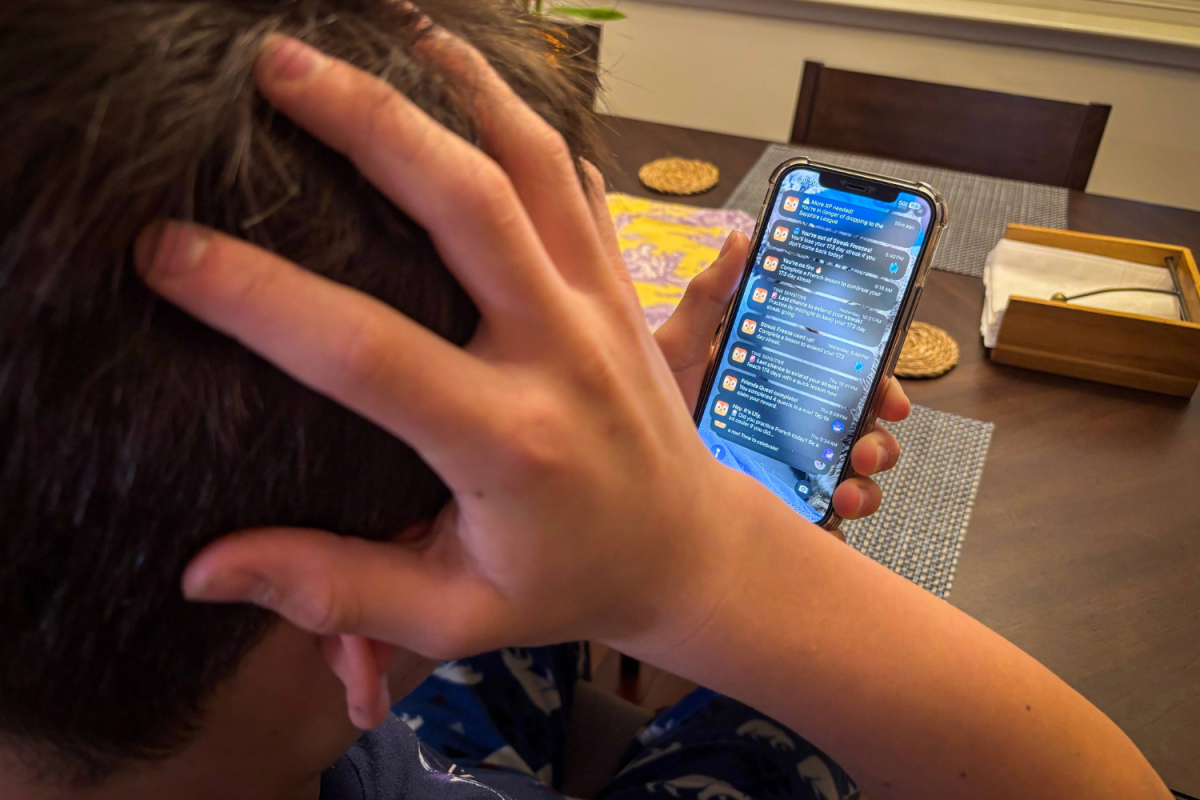Three. That’s the number of black head coaches in today’s NFL. Throughout the league’s history, there has been a clear racial disparity regarding opportunities for black coaches to become head coaches. Despite nearly 70% of the league’s players being black, only 11% of coaches have been black since 1990. To put things into perspective, out of the 191 head coaches since 1990, only about 21 have been black.
According to a 2002 report, black coaches averaged more wins than their white counterparts, leading their teams to the playoffs 67% of the time compared to 39%, respectively. That being said, they still had a much harder time finding jobs. Black coaches often had to spend a significantly longer period working in less desirable positions as assistant coaches before even being considered for the head coach position.
Since the report was released, 20 years have gone by, yet nothing has really changed. According to a recent data analysis conducted by The Washington Post, black head coaches are still twice as likely to be fired after having a season record of .500 or better in comparison to other races. This means that even though the team won at least half of their games, the head coach would likely be fired if he was black.
A prime example of this in recent history is the case of former Miami Dolphins head coach Brian Flores. The Dolphins hired Flores in 2019 to take the reigns of arguably one of the worst teams in the league. After three seasons with the team, he led the Dolphins to two winning records in 2020 and 2021, dramatically exceeding expectations. Nevertheless, despite his success, Flores was fired following the 2021 season, which he claims was largely because of racially discriminatory practices.
Flores is not alone. In fact, there have been instances of racial discrimination in the NFL since the league was first established. Before trying his hand at coaching, Maurice Carthon was a former fullback and won two super bowls over 11 seasons. Carthon would go on to coach for 19 years; however, he would never win a head coach position job. Even before one of his five unsuccessful interviews began, an executive told him, “You know you’re not going to get this job.” In another, his interviewer said to him, “You know, in our organization here, we let the boys wash the cars.”
It’s important to note that the NFL has made an effort to reduce instances of racial discrimination, but their efforts are not even coming close to solving the problem. In 2002, the Rooney Rule was created and required teams to interview minority candidates for head coaching and senior assistant coaching positions. Additionally, the league’s commissioner, Roger Goodell, has openly acknowledged that there aren’t enough black coaches and encouraged teams to seek greater diversity among their coaching staff. In 2021, Goodell, along with other league executives, also made changes to the Rooney Rule, bumping the number of required minority interviews to two and adding a required minority interview for coordinator positions. Although this is a step in the right direction, these rules don’t actually change anything and can easily be gamed.
See Ray Horton, for example. Similar to Carthon, Horton played in the league as a defensive back for many years before becoming a defensive coordinator for the Cleveland Browns. In 2016, Horton pursued the head coaching position for the Tennesse Titans and was given an interview as enforced by the Rooney Rule. However, even before his interview started, Horton never had a chance, as the team had already hired Mike Mularkey.
After winning the head coaching job, Mularkey told reporters, “[they] told me I was going to be the head coach before they went through the Rooney Rule. And so I sat there…as they went through this fake hiring process knowing a lot of the coaches that they were interviewing, knowing how much they prepared to go through those interviews, knowing that…they had no chance to get that job.”
Clearly, it’s not very hard for teams to work around the Rooney Rule, which is why the NFL needs to enforce even stricter rules regarding racial equality. Although the league claims they ultimately can’t control how owners run their teams, they can definitely apply more pressure.
Ultimately, the league isn’t doing all it can, which is greatly affecting its integrity and the lives of many eager black coaches. By recognizing this issue of racial discrimination within the league and bringing attention to its effect on NFL hiring, we can make the league a much better environment where everyone is given equal opportunity.












